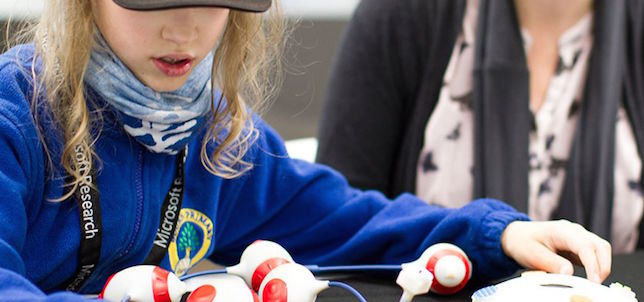
A Microsoft project called "Project Torino" will teach blind students from seven to 11 years-old how to program and apply design thinking to projects.
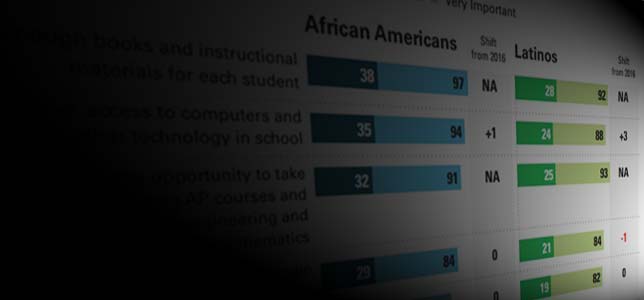
Nearly three-quarters of African American parents and families (74 percent) believe that the education black children get isn't as good as the one that white students get. The results came out of this year's "New Education Majority Poll," a survey run by the Leadership Conference Education Fund.
Tennessee, like many states, has been facing a shortage of qualified clinicians, but recently amended legislation seeks to open the door for schools to use online therapy services.

Christine Voelker teaches other teachers how to build their own online courses. She’s the K–12 program director for Quality Matters, a nonprofit educational organization based in Annapolis, MD. She'll be presenting an all-day workshop at ISTE Sunday, June 25.

Despite the prevalence of children with learning and attention disabilities such as ADHD and dyslexia, the National Center for Learning Disabilities found that only a small subset are formally identified with disabilities in schools, leaving many of these students without necessary support to help them succeed in school.
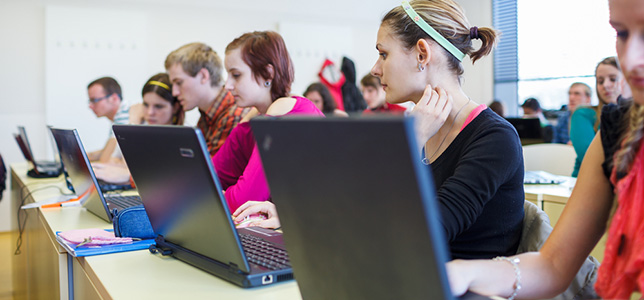
Schools that implement BYOD programs will choose one or both of two approaches: required BYOD and supplemental BYOD. While supplemental BYOD is a common-sense way to broaden students' and teachers' classroom resources, required BYOD is a problematic choice that will challenge a school district's staff and the community as a whole.
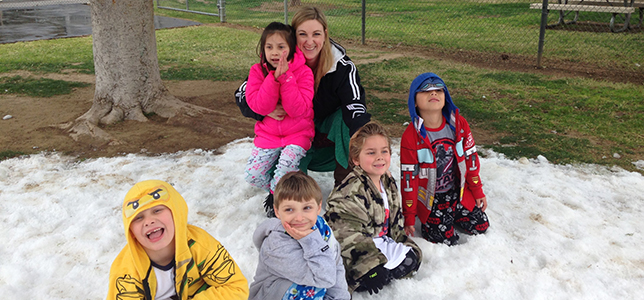
Jamie Reese, a kindergarten through third grade teacher at Mountain View Elementary School in Simi Valley, CA, holds the distinct honor of winning Teacher of the Year for Ventura County in 2016. She’s the first Simi Valley teacher to receive that award since 1977.

ClassFlow, the free, next-generation lesson delivery software, has partnered with four digital content developers to provide teachers with expanded access to the latest innovative, immersive and interactive educational content.
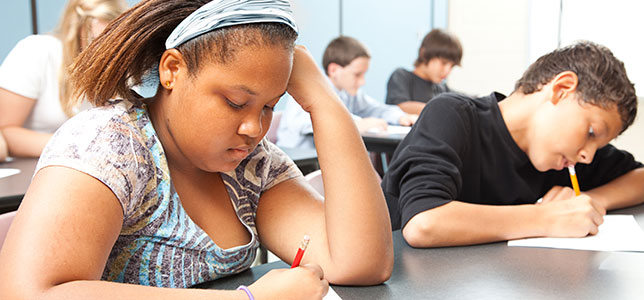
The number of public high school students taking at least one AP exam has doubled over the last decade, from 645,000 in 2006 to 1.1 million in 2016. The pass rate (those high school students who have scored 3 or higher) has also gone up, from 14 percent in 2006 to almost 22 percent in 2016.
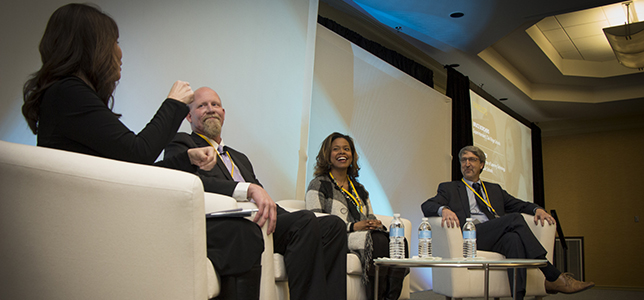
Discovery Education, a provider of digital content and professional development (PD) for K–12 classrooms, invites superintendents and educators nationwide to participate in Powerful Practices: The Instructional Leadership Experience. These two, free, one day interactive PD events will take place Feb. 24 in San Francisco and March 10 in Seattle, WA.